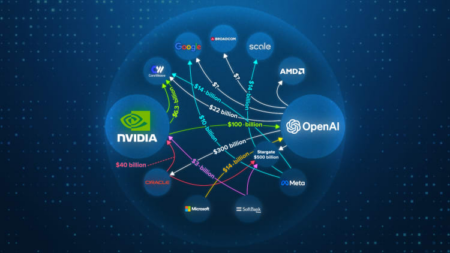In less than a decade, 5G technology has transformed from a futuristic concept to a fast-expanding reality across Africa.
Today, nearly 30 African nations boast commercial 5G services, marking a major leap forward in the continent’s integration into the global digital economy.
Rapid Expansion of 5G Services in Africa
The 5G rollout in Africa is accelerating due to increased investment and strategic momentum.
According to the African Telecommunications Union (ATU), as of 2024:
- 79 telecom operators across 41 African countries were actively investing in 5G.
- 35 operators had launched commercial 5G networks in 21 countries.
By comparison, in 2021, GSMA reported only seven active 5G networks across five African markets—highlighting exponential growth.
Notably, Vodacom Lesotho pioneered the first 5G launch in Africa in 2018.
Coverage and Adoption Trends
Data from the International Telecommunication Union (ITU) reveals:
- In 2024, 5G covered 25% of urban mobile networks, while 4G maintained 73% coverage.
- Sub-Saharan Africa had over 26 million 5G subscribers out of approximately 600 million unique mobile users.
This surge reflects rising demand for high-speed connectivity and signals a shift toward advanced mobile infrastructure.
Read also: Facebook Privacy Violations Costs Meta $8 Billion
North Africa Joins the Race
With Tunisia and Egypt launching commercial 5G services in early and mid-2025 respectively, the total reach has expanded. By June 2025, Agence Ecofin reported:
- 48 telecom operators launched 5G services in 28 African countries.
Key 5G Launch Milestones by Country
| Country | Operator | Launch Year |
|---|---|---|
| Lesotho | Vodacom | 2018 |
| South Africa | Rain, Vodacom, MTN, Telkom | 2018–2022 |
| Kenya | Safaricom, Airtel, Equitel | 2022–2024 |
| Nigeria | MTN, Airtel, Mafab Com. | 2022–2023 |
| Egypt | Orange, Telecom Egypt, Vodafone, e& Egypt | 2022–2025 |
| Tunisia | Orange, Tunisie Telecom, Ooredoo | 2025 |
| More Milestones | https://www.wearetech.africa/en/fils-uk/news/telecom/5g-in-africa-rapid-expansion-yet-limited-real-impact |
Source: Ecofin Agency, June 2025
Challenges Hindering Full-Scale Adoption
Despite growing interest and deployment, 5G services expansion in Africa faces several barriers:
- Device affordability: Most 5G-capable smartphones start at $150, which remains unaffordable for large segments of the population.
- Limited infrastructure: Scarcity of fiber optics and essential 5G spectrum hinders network coverage.
- Lack of practical use cases: Without widespread applications in smart cities, industry, or education, 5G is often limited to faster internet speeds.
- Policy gaps: Absence of standardized regulation for cross-border data and limited collaboration across sectors reduces scalability.
The ATU stresses that overcoming these challenges will require a multi-stakeholder approach—from governments, regulators, and telecom operators to device manufacturers.
Outlook: A $10 Billion Opportunity by 2030
According to the GSMA, 5G could contribute up to $10 billion to Africa’s economy by 2030, representing 6% of the mobile sector’s economic impact.
If inclusive strategies and affordable technologies are prioritized, 5G will serve as a transformative driver for digital innovation, industrial growth, and socioeconomic development across the continent.








